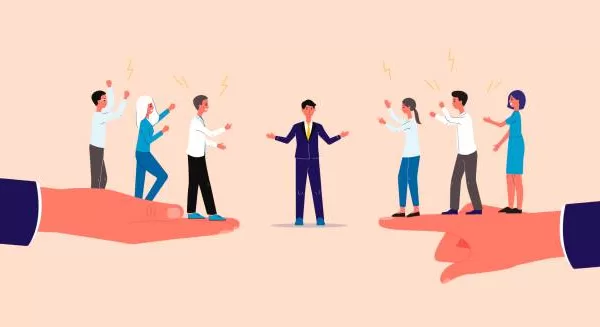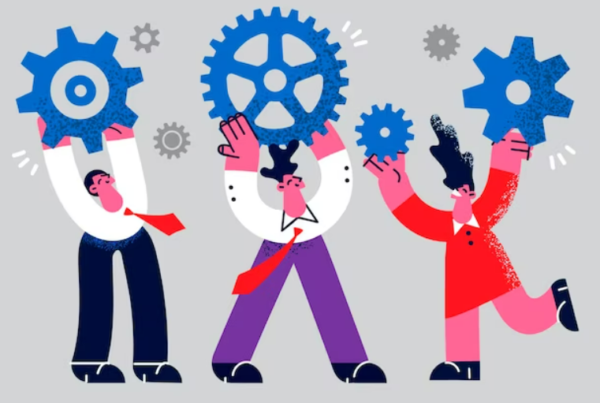Five simple tips to improve teamwork skills
Everyone understands the importance of teamwork and good communication. Sometimes, however, we miss a few tricks when it comes down to improving our teamwork skills. These are five simple tips to help you become a better team member.
It all starts with you.
Discover your strengths
Understanding your contribution as an individual is key to teamwork. It increases engagement, productivity, and wellbeing when we play to our strengths. Your Belbin Individual Report can pinpoint those strengths. Maybe you are detail-oriented and adept at working closely with others. Perhaps you are good at making new connections and meeting people. Do you push for deadlines? These are your Team Role preferences. They represent the contributions that you make to a team. Your Report will provide detailed feedback about your specific combination of Team Roles so you can understand the interplay between your work behaviours.
Learn from others what they think
It’s a good idea to talk with others about your abilities if you are part of a group. While we may have an idea of how we want others to see us or the types of work that we would like to do, it might not be consistent with reality in the workplace. Maybe you have hidden talents others can see. Learning is the key to improvement. We learn from other people’s feedback. We can take our own opinions as gospel and lead to a bad outcome. As part of the Belbin process, you’ll be able to ask up to six colleagues (or managers, or those who work for you) to complete Observer Assessments are simple questionnaires that provide a wider context of your behaviours and help to gauge your strengths. If your teamwork skills are not as you expected, we’ll give you more guidance on how to improve them and how to ensure you’re moving in the right direction.
Learn to appreciate all contributions
We can become accustomed to working in one way and then neglect, devalue, or even reject alternative ways of doing things. It can be difficult to recognize the value of a change agent willing to share their ideas if you are a person who is comfortable with routines and systems. It can be hard to see the bigger picture and recognize when an issue requires expert advice. You’ll be able to appreciate the contributions of others and understand why behavioural diversity (also known as the Belbin Team Report) is important for effective teamwork.
Clarify your roles and responsibilities
A team that works well together has a common goal. This objective is achieved by a collective body of work. It is easier to identify who is most suited for which tasks and where you can find help. It is easier for team leaders to delegate work according their strengths. This leads to greater engagement. Although job descriptions can seem formal and static, they are often very useful. Understanding the Belbin Team Roles and the associated working styles can help you classify work more informally, while referring to the required behaviours. A document may be ready for review. Is it necessary to analyse it for viability (the responsibility of the Monitor Evaluator), or is it ready for proofing (in this case, it would need a Completer Finisher). It is possible that we have different Team Role strengths. This could mean that the work is given to the same person in both cases but with direction on the best approach. Framing tasks and responsibilities in these terms can aid communication, and prevent unnecessary work and frustration.
Talk about what’s going wrong and celebrate your successes
A team that is effective can solve problems when they occur and mark the occasions when things turn out well. Even when we are aware of our strengths and work to cultivate them, there will be problems. There are disagreements, territorial conflicts over work, and arguments about which approach to use. When we understand one another’s perspective, we can begin to depersonalise and unpick the conflict. You can use strong arbiters and others with a wider view to point the way in a different direction. It is equally important to celebrate the success. It’s not about giving yourself a pat on your back. This means acknowledging the wins and embedding the idea of thoughtful, conscious teamwork into the company culture.
Next steps
How do you get started? It is best to identify your strengths as a Team Role. If you’re interested in honing your team’s skills, why not contact us to find out more about what Event Square and Belbin have to offer?




